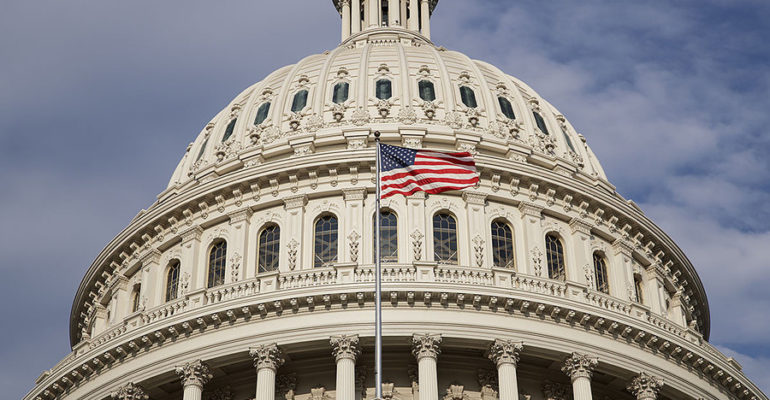 Today, in the Immunex v. Sandoz BPCIA litigation, a District of New Jersey judge held that U.S. Patent No. 8,063,182, related to “the fusion protein etanercept, the active ingredient in Immunex’s product Enbrel®” and U.S. Patent No. 8,163,522, related to Enbrel®’s method of manufacture, are not invalid. As we previously reported, the parties had a ten-day bench trial in September 2018, followed by post-trial briefing, and oral arguments in November 2018. Sandoz alleged that the patents-in-suit were invalid due to lack of written description and enablement, obviousness, and obviousness-type double patenting. Judge Cecchi’s opinion ruled in favor of Immunex, holding that Sandoz failed to demonstrate that the patents-in-suit were invalid on these grounds. This is the first BPCIA litigation to reach a ruling as to validity after a bench trial.
Today, in the Immunex v. Sandoz BPCIA litigation, a District of New Jersey judge held that U.S. Patent No. 8,063,182, related to “the fusion protein etanercept, the active ingredient in Immunex’s product Enbrel®” and U.S. Patent No. 8,163,522, related to Enbrel®’s method of manufacture, are not invalid. As we previously reported, the parties had a ten-day bench trial in September 2018, followed by post-trial briefing, and oral arguments in November 2018. Sandoz alleged that the patents-in-suit were invalid due to lack of written description and enablement, obviousness, and obviousness-type double patenting. Judge Cecchi’s opinion ruled in favor of Immunex, holding that Sandoz failed to demonstrate that the patents-in-suit were invalid on these grounds. This is the first BPCIA litigation to reach a ruling as to validity after a bench trial.
Sandoz issued a press release, stating that it intends to appeal the ruling, and that its biosimilar product, ERELZI (etanercept-szzs), “has been [FDA] approved for nearly three years, however Sandoz has been unable to launch the medicine due to the ongoing patent litigation….” Samsung Bioepis also recently obtained FDA approval for a biosimilar of Enbrel®, which led to a suit by Immunex and others asserting that Samsung Bioepis’ product infringes or will infringe five patents, two of which were at issue in the Immunex v. Sandoz litigation (the ‘182 and ‘522 patents) and three other patents, U.S. Patent Nos. 7,915,225, 8,119,605, and 8,722,631.

